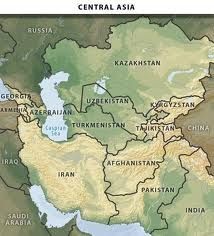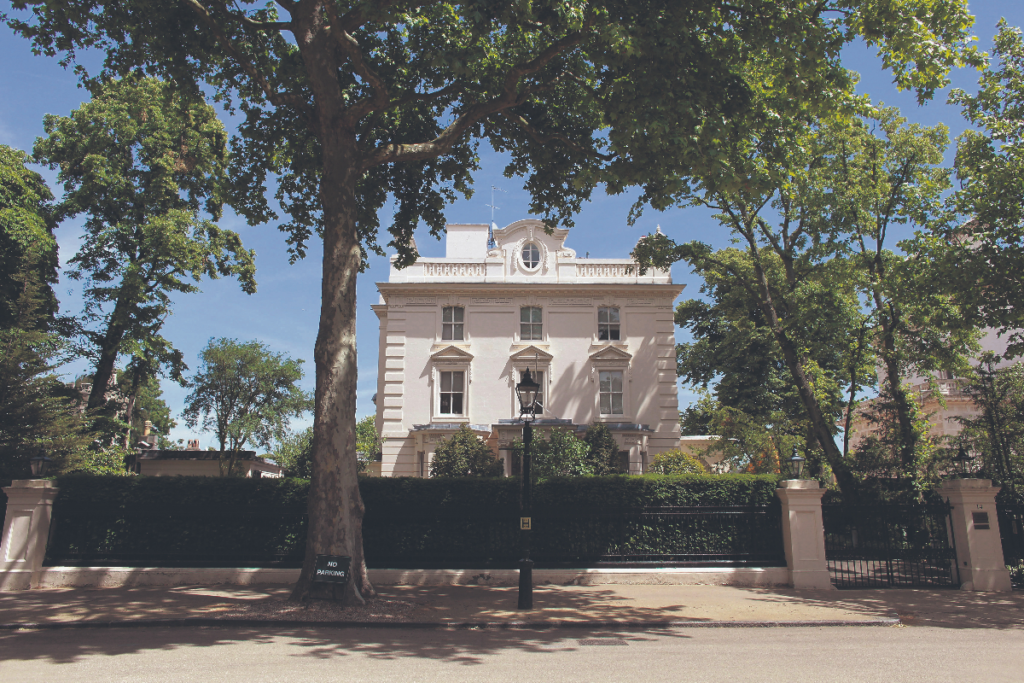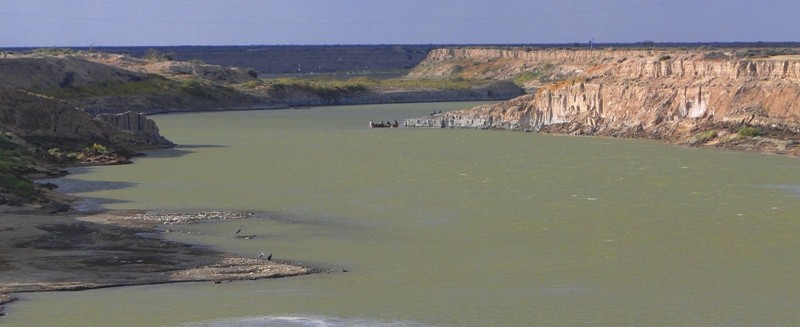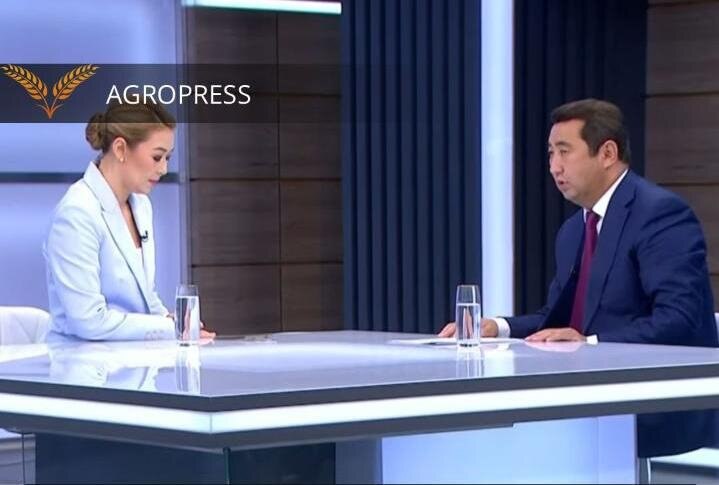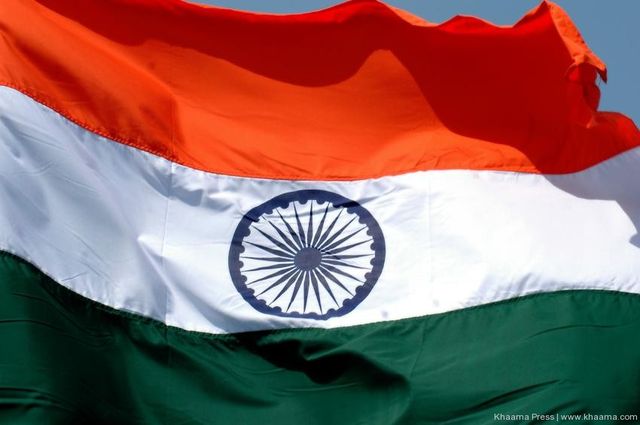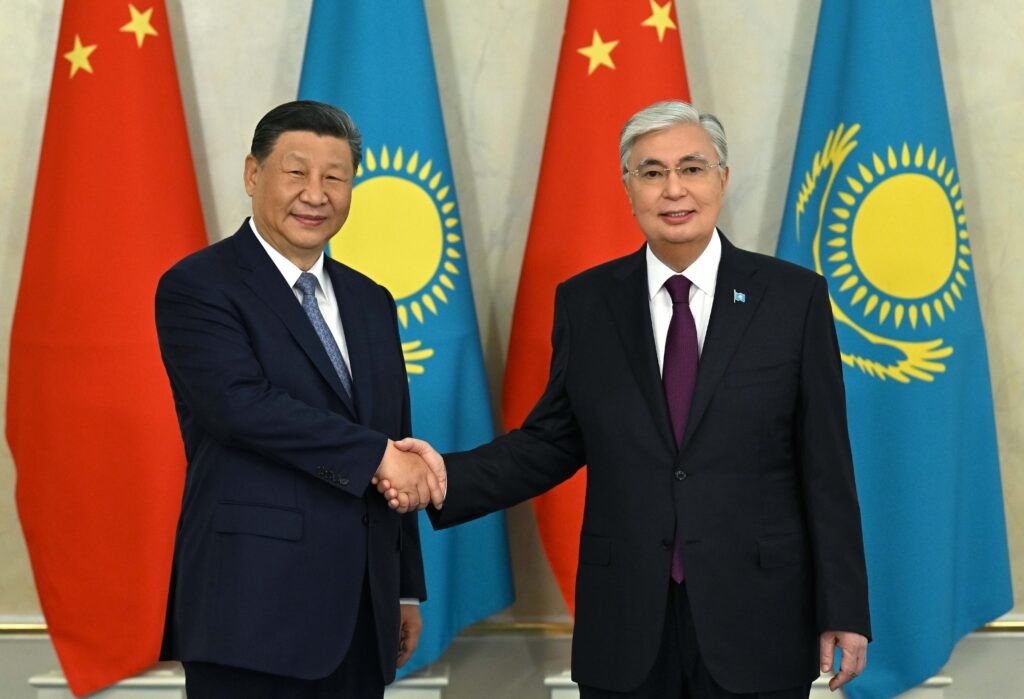BISHKEK (TCA) — Indian Foreign Minister Sushma Swaraj said on July 27 that the India-China developmental partnership is not only beneficial for the two countries but for the whole region, and that India would like to strengthen this partnership based on the Astana consensus between Chinese President Xi Jinping and Indian Prime Minister Narendra Modi reached during the Shanghai Cooperation Organization (SCO) Summit in Kazakhstan’s capital Astana earlier this year, Sputnik news agency reports.
“India would like to do so based on the Astana consensus which was reached between President Xi Jinping and Prime Minister Narendra Modi when they met on the margins of the SCO on June 8 in Astana,” Indian Ministry of External Affairs spokesperson Gopal Baglay said while reacting to Swaraj’s statement in the Indian Parliament.
The first component of the Astana consensus is that the relations between India and China are significant not only for these two countries but for the region and for the world.
While the second component is that the differences between India and China should be addressed in a manner that they do not become disputes.
The comments come as China and India are in an ongoing border dispute over an unpaved road in a remote mountain pass through the Himalayas. The standoff began last month when Bhutan, a close ally of India, discovered that Chinese workers were extending the road. India responded by sending troops to halt the construction, and China demanded that India pull back.
“Our approach is to resolve it in a peaceful manner through discussions. There are established mechanisms to address the border issue. As far as the current situation is concerned, I will refer to the second component which is that differences between India and China be handled or addressed in a manner that they do not become disputes. That remains our approach. This is exactly what we have said in the past also,” Baglay said.
